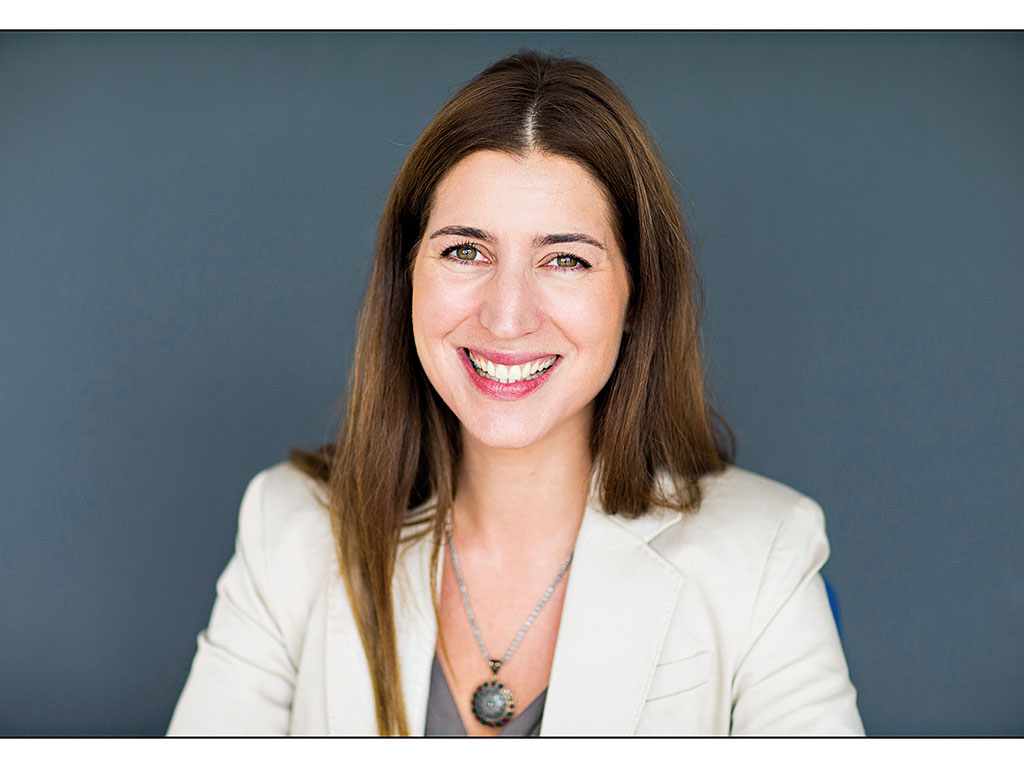
Taking up an Executive MBA (EMBA) is a challenging endeavour, both professionally and personally. The journey requires a lot of time, commitment and resources, so it is crucial to find the EMBA programme which best fits your needs and expectations.
How do you determine which EMBA programme is best for you? Usually, rankings such as those run by The Economist, the Financial Times, Poets & Quants and QS are a good place to start. However, they should be part of a whole strategy, the first filter in an ocean of great EMBA choices. Rankings will help you sift through the crème de la crème of EMBAs, as well as second and third-tier programmes.
Rank and file
For Simay Arikan, current student on the Kellogg-WHU EMBA programme and Head of Quality at Alanod & Co in Germany, rankings played an important role when researching EMBA programmes. “I believe rankings and brand matter, as they promise great faculty members and smart, experienced leaders as classmates, in addition to enhancing your credentials with a globally recognised EMBA degree.”
EMBA programmes are ranked according to various parameters, based on information from schools and alumni. ‘Aims achieved’, ‘career progress’ and ‘international students’ are usually good indicators of a healthy EMBA ROI. For those currently shopping for an EMBA programme, the first questions that need to be tackled are internal ones, those related to the individual. Why an EMBA? What are your expectations? Where do you see
yourself post-graduation?
“I expected an EMBA programme to provide me with the skills and knowledge to enable me to see the bigger picture and understand the influence of economic, political and technological factors on business strategies. Pursuing an EMBA is the start of a continuous journey of personal development. In addition to providing you with business knowledge, which a well-rounded manager absolutely needs, an EMBA also develops your interpersonal and leadership skills allowing you to increase your self-awareness”, added Arikan.
Experience counts
Then, questions related to external forces need to be addressed. Rankings and websites will provide you with statistical data on classroom diversity and basic characteristics, but you will never get a real feel for the student body and culture by simply analysing school stats.
To get the real EMBA experience, you’ll have to take advantage of all on-campus opportunities available. As Arikan put it: “When you decide to go ahead with an EMBA, you are entering a global alumni network and a business school culture, which you’ll have for the rest of your life. Before I decided to go ahead with my applications, I attended on-campus events, which gave me the opportunity to meet and talk to current students, alumni and faculty members, and provided crucial information about the business school culture.”
Finally comes the question of when. When (and how often) do classes take place? As busy executives, it is a legitimate concern for many EMBA candidates. “Finding the time to participate in a course and study and prepare for it can be a serious challenge. Therefore, before you apply, it is crucial to look closely at how the curricula of various business schools are scheduled, so you can assess if they suit your agenda”, concluded Arikan.

